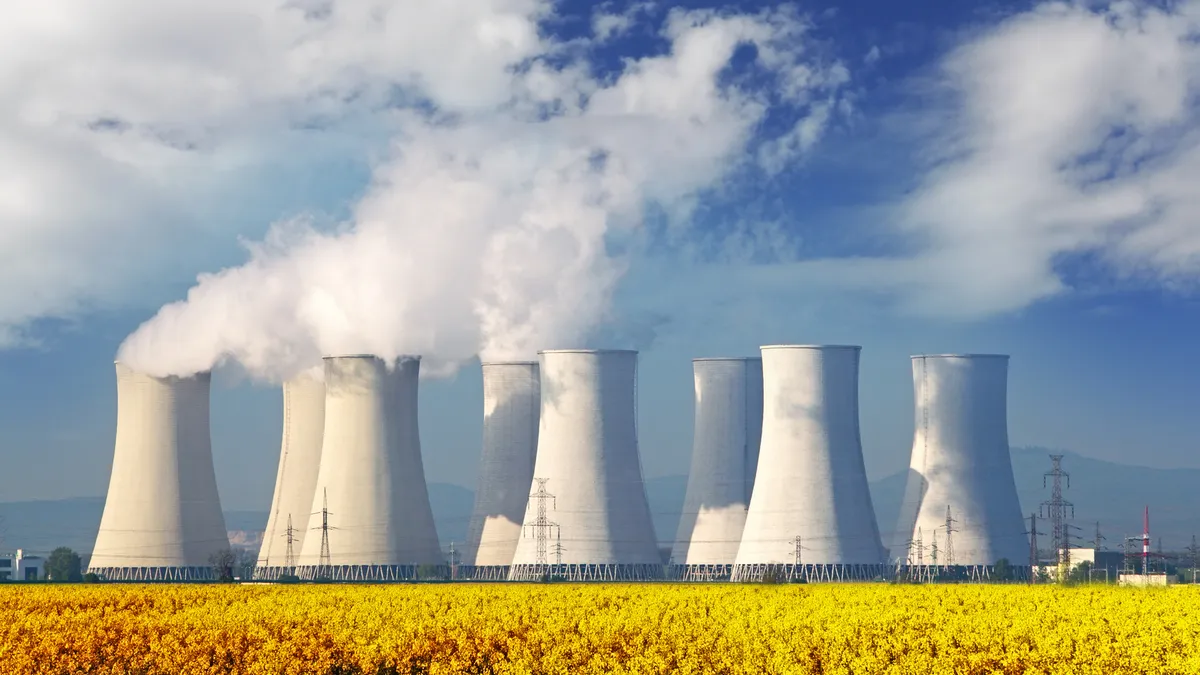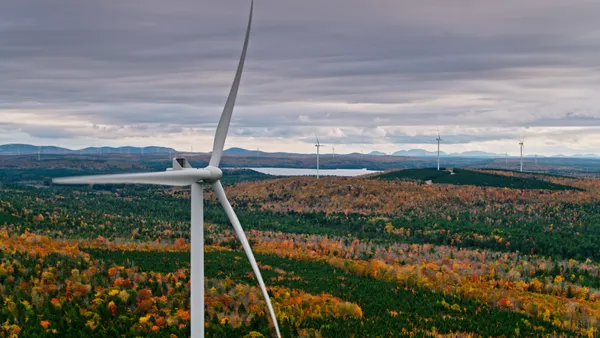Dive Brief:
- The U.S. Nuclear Regulatory Commission last year denied calls for a hearing into whether the reactor vessel at the Palisades nuclear facility in Michigan had become brittle after decades of use, but opponents vow to continue the fight.
- SNL Energy found that in 1998, Consumers Energy, the previous owner of the facility, had considered "annealing" the reactor vessel, essentially superheating it to ensure it was not embrittled by use.
- Consumers ultimately decided the facility could continue operating safely without annealing, but now protestors say the decision is evidence operators have known about the plant's dangers while assuaging the concerns of the public and regulators.
Dive Insight:
SNL Energy reports that more nuclear facilities, many of which want to extend their operating lives, may need to mull an expensive and difficult process called annealing to ensure their reactor vessels remain safe.
Consumers had considered annealing in 1998, but determined the plant could continue to operate safely. The plant is now owned by Entergy, which bought it from Consumers in 2006. But with the NRC in November denying Beyond Nuclear's petition for a hearing into concerns about the plant, and the possibility for a thermal shock event, revelations that Consumers had previously considered taking action could give petitioners fresh ammunition.
The NRC has considered the plant safe to continue operating for the remainder of its license, through 2031.
The length of nuclear licenses is fast becoming an issue, with some operators beginning to consider extensions that would keep plants operating for 80 years. They are typically licenses, initially, for 40 years and many have since extended that by another two decades. But so far, questions remain about whether they can be safely through another extension.
As reactors function, temperature differences can embrittle the reactor core. To extend lifetimes, processes like annealing may be necessary if operators want to push beyond their initial lifetimes and extensions. But those upgrades are extremely expensive, according to William Server, who consulted for the Palisades in the 1990s.
"There are some plants out there that if they are seriously considering going to 80 years of life … they are going to have to do something," Server told SNL Energy.














